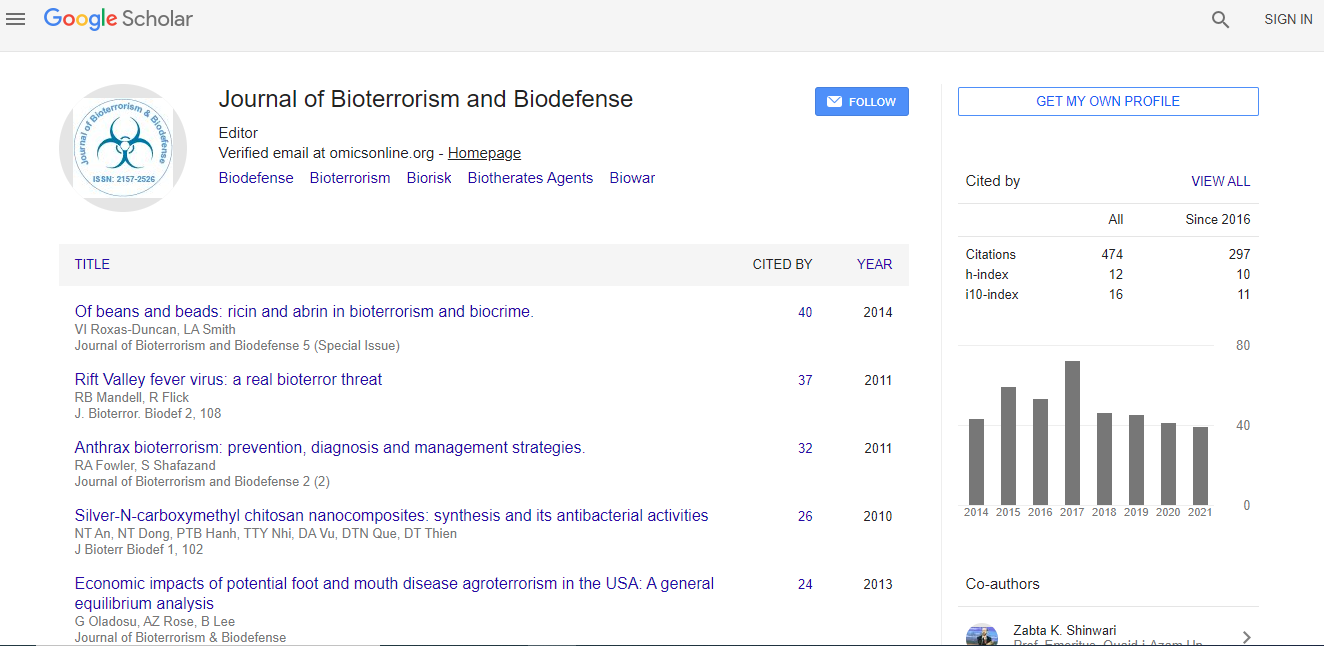Research Article
Codification of Islamic Republic of Iran's Emergency Medical Services (EMS) Native Reaction Protocol to Suspected Ebola Patients based on World Protocols
Behrooz Iran Nejhad1*, Ali Jadidi2 and Mehdi Safar Abadi31Emergency Medical Services and Crisis Management of Markazi Province, Arak University of Medical Sciences, Arak, Iran
2School of Nursing and Midwifery, Arak University of Medical Sciences, Arak, Iran
3School of Paramedical Sciences, Arak University of Medical Sciences, Iran
- *Corresponding Author:
- Behrooz Iran Nejhad
MSc in Bioterrorism Counter Management
Emergency Medical Services & Crisis Management of Markazi province
Arak University of Medical Sciences, Arak, Iran
Tel: +989128637936
E-mail: irannejad.b@arakmu.ac.ir
Received Date: June 30, 2016; Accepted Date: September 24, 2016; Published Date: September 30, 2016
Citation: Nejhad BI, Jadidi A, Abadi MS (2016) Codification of Islamic Republic of Iran's Emergency Medical Services (EMS) Native Reaction Protocol to Suspected Ebola Patients based on World Protocols . J Bioterror Biodef 7:151. doi:10.4172/2157-2526.1000151
Copyright: © 2016 Nejhad BI, et al. This is an open-access article distributed under the terms of the Creative Commons Attribution License, which permits unrestricted use, distribution, and reproduction in any medium, provided the original author and source are credited
Abstract
Introduction: Biological threats are one of the greatest dangers that threaten national security of different countries. Ebola haemorrhagic fever is one of these threats and there is no guideline that helps us to deal with suspected cases in Emergency Medical Services (EMS) in Iran. Objective: This study has been conducted to develop native guidelines reaction, based on world protocols, in Emergency Medical Services of the Islamic Republic of Iran in facing Ebola. Method: This study is considered literature review and was conducted by library studies. At first we started by identifying the domestic and international organizations and centres then visiting the sites and information resources available, we searched for proper keywords then we collected and localized all guidelines and instructions about dealing with Ebola. In the end a comprehensive chart was provided to determine the way of facing and transporting patients suspected with Ebola by care and pre-hospital emergency personnel. Discussion: Based on general facts, overview guidelines should be useful to establish native compilation that includes planning and preparation, screening (telephone triage) patients, special assessment and transmit team via telephone calls, making necessary coordination with other organizations and units within and outside the organization, preparation for patient transport, preparation and carrying out some activities after transporting and the process of evaluation after transferring patients. Conclusion: To succeed in facing similar diseases, considering the need to write native guidelines for each country according to the generalities mentioned, all organizations and institutions involved, should start working in concert with each other and the instructions and practice manoeuvres should be performed again and again to review and fix bugs.

